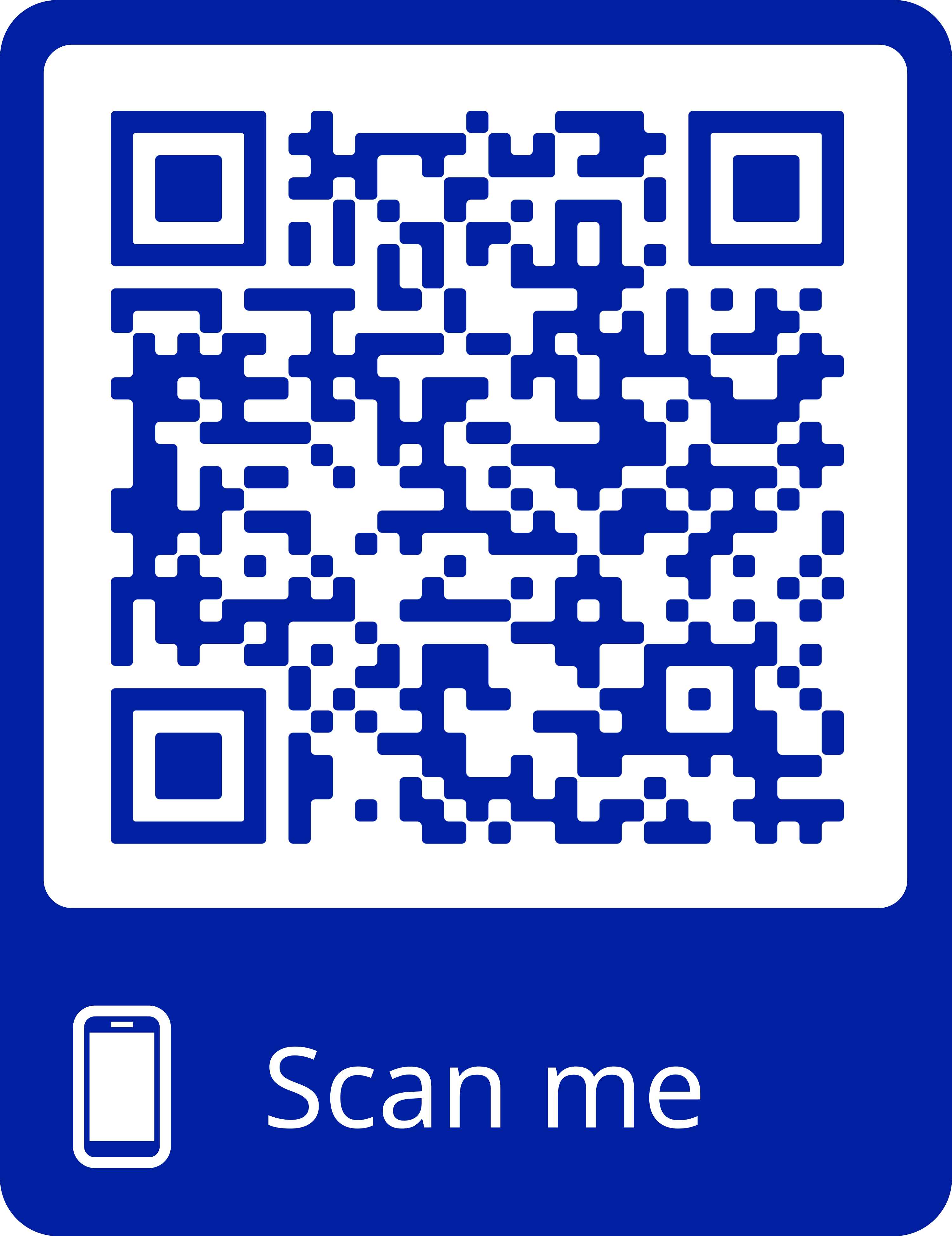- Reference Number: HEY1162/2023
- Departments: Ophthalmology Department
- Last Updated: 31 December 2023
Introduction
This leaflet has been produced to give you general information. Most of your questions should be answered by this leaflet. It is not intended to replace the discussion between you and the healthcare team, but may act as a starting point for discussion. If after reading it you have any concerns or require further explanation, please discuss this with a member of the healthcare team.
What is vision screening?
The NHS recommends vision screening for all children at age 4 to 5 years. It is a national screening programme with the primary aim being to detect reduced vision affecting one or both eyes, the need for glasses, or a turn in the eye (squint). The Trust is responsible for the screening programme in the Hull and East Yorkshire region.
Why is vision screening important?
Children are not born with good vision; in the same way children learn to speak, children have to learn to see. Vision develops from birth to around 8 years of age. Children rarely complain of a problem as they are not aware the way they see is not normal. Problems can go unnoticed by parents and schools, especially if the problem is subtle or only affects one eye. Between 3 and 5% of children can have a vision problem. This can impact on your child’s learning and development and is why vision screening is recommended by the NHS.
What will happen?
Before the test you will receive information about the vision screening programme. Please read this information carefully and discuss it with your family if you wish. The information is there to help you make an informed decision on whether you want your child to be screened for a vision problem.
The test is usually carried out at your child’s school or nursery. If your child is not attending school then you will be invited to attend a test venue near your home. The test will be carried out by a member of the orthoptic Team, a specialist in vision with extensive experience working with children of all ages and abilities.
Your child will be assessed in a relaxed environment using a number of fun games. Vision will be assessed using a letter matching test. The test is fun and does not require your child to know their letters. Each eye will be tested separately by using a pair of glasses with one side blanked out. Following this some tests will be done to see how well your child is using their eyes together as a pair. The tests are safe and children enjoy playing the games. The assessment should take no longer than 10 minutes.
What are the possible results?
Once the assessment is complete you will be sent a letter informing you of the findings from the screening service.
If the screening assessment suggests reduced vision, we will try and contact you to discuss the findings in more detail and answer any questions. This will be confirmed in writing and your child will be referred for further tests to a local hospital or community eye service
If screening does not suggest reduced vision, we will send you a letter confirming this.
Is vision screening optional?
Yes. You are able to choose whether you would like your child to have vision screening. Vision screening allows any vision problems to be identified and treated quickly at the start of your child’s school life.
Can there be any complications or risks?
Vision screening, like all screening programmes is not perfect. Occasionally children with suspected reduced vision from screening, following a more detailed assessment may not in fact have a problem. Equally vision screening should find most problems, but like any screening programme it is not perfect and may not identify every child with reduced vision.
There are not usually any risks associated with the tests carried out. All the tests carried out are fun and easy to do. The tests will be selected based on your child’s age and ability.
Should you require further advice on the issues contained in this leaflet, please do not hesitate to contact the Orthoptic Department on tel: 01482 816605.

